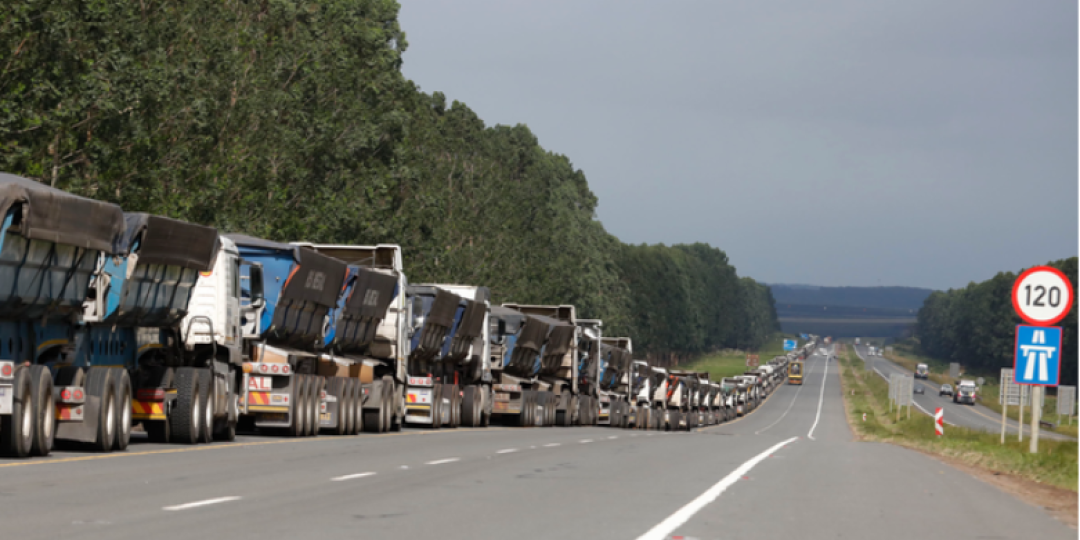Transnet is to add four locomotives by the end of November, increase coal freight trains from 40 to 50 wagons, and fix a non-functioning fire-damaged conveyor belt at the Richards Bay Dry Bulk Terminal by December.
These short-term interventions are expected to alleviate congestion and increase throughput over the coming weeks, according to a government statement issued after the visit to the port by President Cyril Ramaphosa on Thursday.
Government has made the efficiency of the logistics system a core priority, as a necessary condition for job creation and growth.
To achieve this objective, the National Logistics Crisis Committee (NLCC) is coordinating the implementation of clear, time-bound actions to stabilise and improve the performance of South Africa's rail system and ports.
The NLCC has established five Corridor Recovery Teams comprising Transnet managing executives, rail and port users, and independent experts focused on five strategic corridors which are crucial to support the country's exports, including the Northern Corridor which runs to Richards Bay. These teams meet on a weekly basis to accelerate the delivery of key actions to improve the volume of goods transported on the network.
The private sector has provided support through the NLCC to improve systems and enhance efficiency across the value chain, secure rail infrastructure, and fill critical gaps in equipment.
The Transnet Board has developed a recovery plan aimed at improving operational performance and stabilising Transnet's finances over the next six to 18 months.
In addition to the immediate actions outlined in the recovery plan to improve operations, government has finalised the Freight Logistics Roadmap to outline a path for reform of the freight logistics system in the longer term.
The reforms outlined in the roadmap include the introduction of open access to the freight rail network, which will enable private rail operators to access rail infrastructure and greater private sector participation in container terminals.
Significant progress has already been made on these reforms with the selection of an international terminal operator to partner with Transnet at the Durban Pier 2 container terminal, which handles 72% of the Port of Durban's throughput and 46% of South Africa's port traffic.
Transnet has established an interim infrastructure manager for the rail network in preparation for the introduction of open access from April 2024.
These reforms are designed to fundamentally transform South Africa's logistics system in the long term, restoring its performance to world-class standards.













